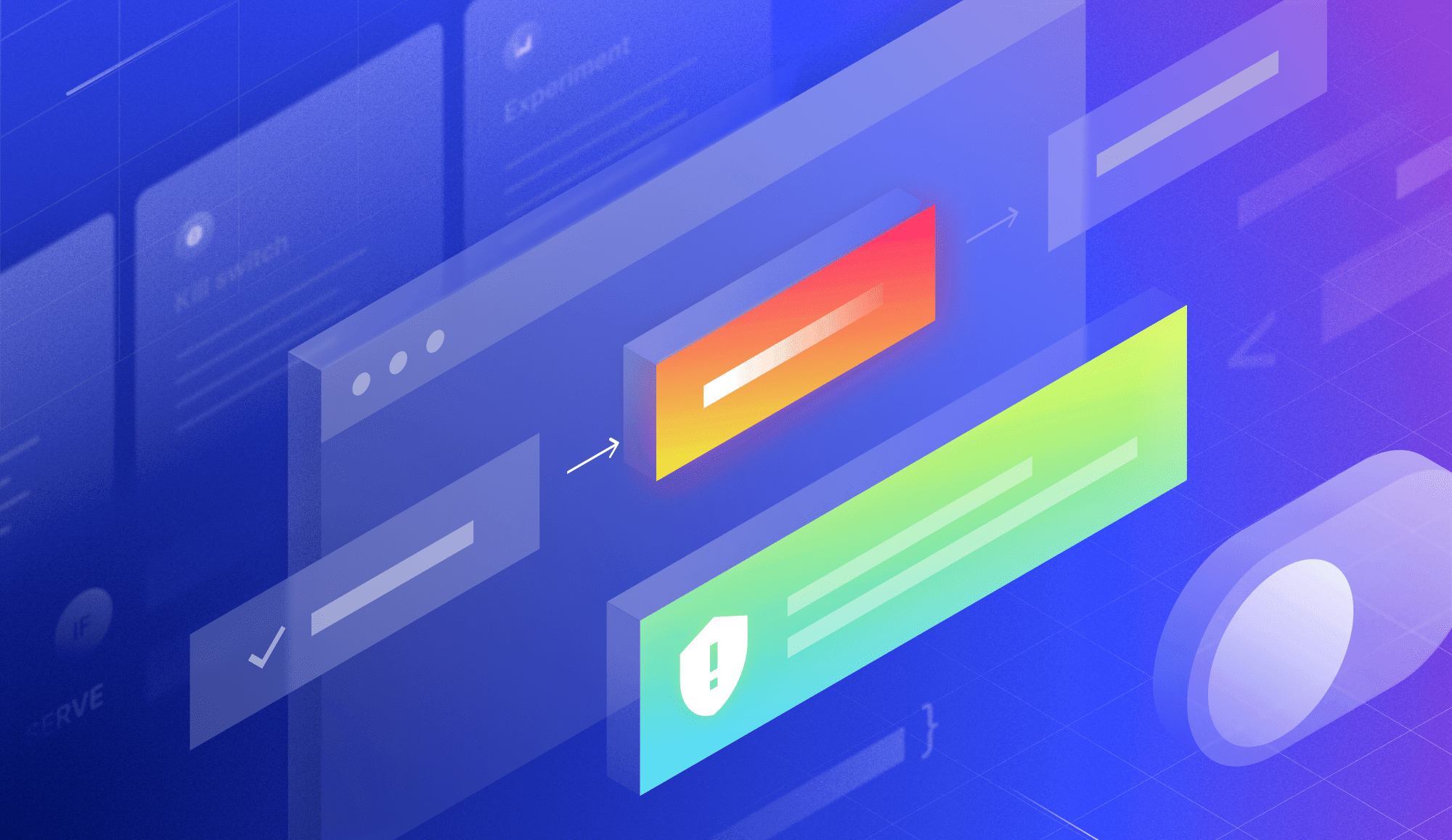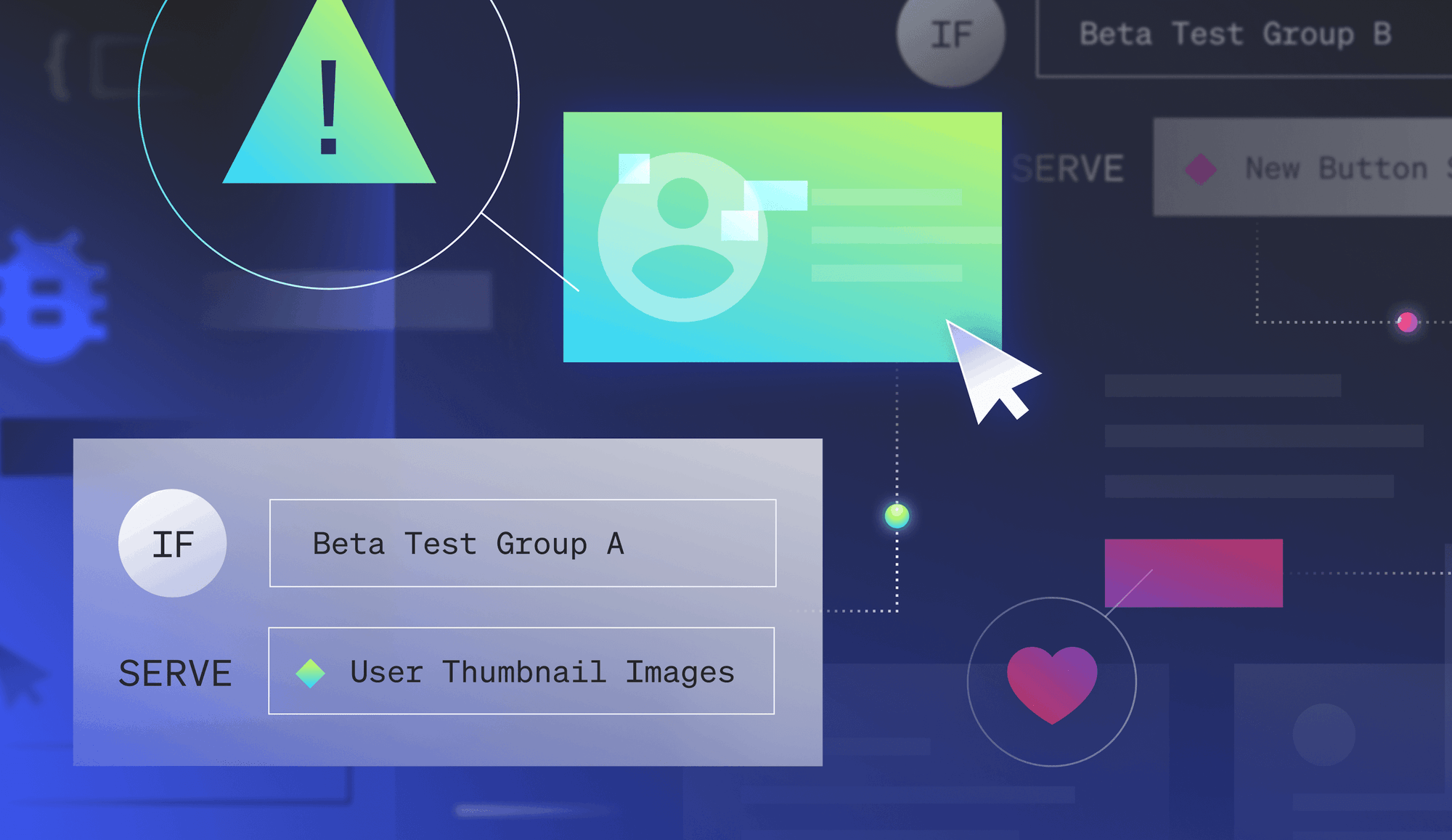A version of this post originally appeared on Opensource.com.
In the first article in this series, I explained the problems with dividing people and roles into "technical" or "non-technical" categories. In the second article, I shared some of the tech roles for people who don't code.
Here, I'll wrap up this exploration into what it means to be technical or non-technical with some recommendations to help you on your journey.
Whether you've been working in tech for decades, are just starting, or are looking to change careers, consider the advice in this article from people who have been labeled as non-technical but are succeeding in tech roles.
"Don't tie up what you do and your identity. Get them separate."
—Adam Gordon Bell, Developer Relations, Earthly Technologies
Switching roles doesn't mean your skills will disappear and you no longer have value. If you take on a new role, you need to focus on that role's critical skills. It takes time to develop skills. Take your time, and figure out the important skills for the new position.
If you manage engineers, encourage them to develop their non-engineering skills and their technical skills. These skills often make a more significant difference in career growth and success than coding and technical skills.
Be yourself
"Don't let other people define whether you are technical or not-technical. What's technical and what's not, and whether that's important or not is something the people have to figure out for themselves."
—Adam Gordon Bell
"Don't ever start a conversation with, 'I'm not technical.' It can come across as, 'I need to warn you about this thing,' which is never a good impression to make for an interview, but it also has the potential to come across as a lack of confidence in your skills."
—Mary Thengvall, Director of Developer Relations, Camunda
Avoid the stereotypes; not all engineers like "Star Wars" or "Star Trek." Not all engineers wear hoodies. Engineers can speak to people.
"People have a lot of perceptions about the technical, non-technical piece, in terms of how you present. When I was working in the office, I would wear a dress because that's how I feel comfortable."
—Shailvi Wakhlu, Senior Director of Data, Strava
Know your worth
As I discussed in the first article, being labeled non-technical can lead to impostor syndrome. Recognize your value, and don't apply the non-technical label to yourself because it can limit earning potential and career growth.
"People kept reboxing me into something else because they thought I was different from the normal stereotype that they had for an engineer. I'm so glad that I didn't listen to any of those people because inherently they were also telling me to go for a lesser-paying job on the basis of something that was in addition to the skills that I had."
—Shailvi Wakhlu
"It is more likely the younger and … the woman in tech, especially new to tech, who's going to have imposter syndrome, who's going to consider themselves not technical enough. Like, 'Oh, I only do front-end.' What do you mean you only do front-end? Front-end is incredibly hard."
—Liz Harris
Find where you can add value and help people
You don't need to create a pull request to participate in open source.
"I always say to people when they try to contribute to open source projects, 'don't think, it's got to be a commit, it's got to be a pull request.' It's like, 'No. How can you add value to that project?' If you haven't got time to do the pull request, are you raising an issue and putting the points down?"
—Eddie Jaoude, Open Source Developer, Jaoude Studios
Diversity of thought leads to success
See the value and contributions of all roles and people. Don't pigeonhole them into a set of abilities based on their title.
"Realize how important everybody is, including yourself at all times, and the overall picture of things. Being creative shouldn't be ego-driven. Realize that you can always be better. You can also be worse at what you do. Don't be afraid to ask for help, and realize that we're in there together."
—Therese Eberhard, scenic painter for film, commercials, and video
"The hackathons that I have attended where we've all been technical, we've built a great team of four or five hardcore coders, we've lost. I kid you not, we've lost. And before COVID, I won six previous hackathons, and half the team was focused on other areas. In the hackathons we won, half the team would be considered non-technical by most people, although I do not like this term, as it is about adding value to the team/project. We won because we had so many different perspectives on what we were building."
—Eddie Jaoude
"The more we can move away from those labels of technical/not technical, developer/not developer, and understand that there's a continuum, the better off we're all going to be as far as hiring the right people for the job, instead of letting ourselves get hung up by the presumption that you need a technical team."
—Mary Thengvall
The more diverse our communities and teams are, the more inclusive they are.
"I honestly think the most important thing, whether it's from a community perspective or whether it's from a product perspective, just in general, we have to make sure that we built an inclusive community, not just for our products, not just for the technology that we're working on, but as a human society in general. And I'm going to guess… I'm going to wager that if we do that, as a human species, we will actually be better than what we were yesterday."
—Leon Stigter, Senior Product Manager, Lightbend
If you work in a non-coding tech role, what advice would you give people who consider themselves "non-technical" (or are considered by others to be so)?











.png?ixlib=gatsbyFP&auto=compress%2Cformat&fit=max&rect=0%2C0%2C4000%2C2252&w=2000&h=1156)





.png)




